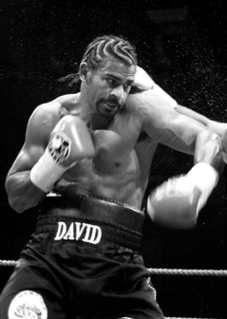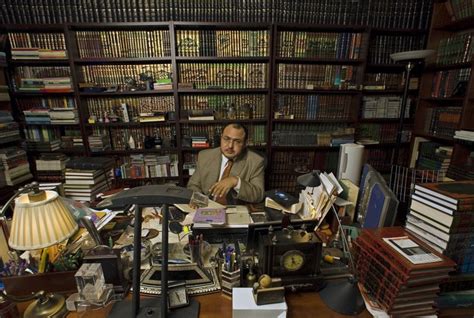A Quote by Mohammad Amir
I never challenged the ICC verdict. This means I accepted my punishment. It is mentioned in Islamic law that you have got to be punished if you commit a mistake. What is important is that I have learnt my lesson.
Related Quotes
Muslims consider the honor of the Prophet Muhammad to be dearer to them than that of their parents or even themselves. To defend it is considered to be an obligation upon them. The strict punishment if found guilty of this crime under sharia, the Islamic law, is capital punishment implementable by an Islamic State. This is because the Messenger Muhammad said, ‘Whoever insults a Prophet, kill him.’
In Islam there is a line between let's say freedom and the line which is then transgressed into immorality and irresponsibility and I think as far as this writer is concerned, unfortunately, he has been irresponsible with his freedom of speech. Salman Rushdie or indeed any writer who abuses the prophet, or indeed any prophet, under Islamic law, the sentence for that is actually death. It's got to be seen as a deterrent, so that other people should not commit the same mistake again.
If he who breaks the law is not punished, he who obeys it is cheated. This, and this alone, is why lawbreakers ought to be punished: to authenticate as good, and to encourage as useful, law-abiding behavior. The aim of criminal law cannot be correction or deterrence; it can only be the maintenance of the legal order.
Think about that: at a time when it was inconceivable to have a woman rabbi or a woman scholar of Christian theology or canon law, the Islamic civilization boasted hundreds of women who were authorities in Islamic law and Islamic theology and that taught some of the most famous male jurists and left behind a remarkable corpus of writings.
It is not a mistake to commit a mistake, for no one commits a mistake knowing it to be one. But it is a mistake not to correct the mistake after knowing it to be one. If you are afraid of committing a mistake, you are afraid of doing anything at all. You will correct your mistakes whenever you find them.






































